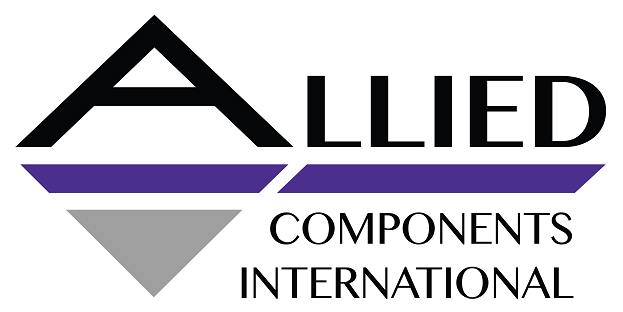Resistors: Types, Uses and How to Choose One

One of the reasons "resistor" is such a common term in electronics is that there are so many different types of them. Although they have similar functions, buying random resistors at an electronics store does not always produce the best results. Here are some of the differences to consider so that you avoid confusion when deciding on types of resistors for electronic components.
Resistor Types and Properties Resistors can be made from a variety of materials, such as thin film, carbon or metal film, wirewound, and foil. Each of these materials has its own properties that affect accuracy and performance. Some resistors are designed to withstand heat and high power. Certain resistors work better than others for low noise, high-power or high-speed applications.
The most widely used resistor types in electronics are carbon composition resistors, which are low cost and reliable. Carbon film resistors are used to control resistance and tolerance more accurately. Metal film resistors provide even tighter resistance. Wirewound resistors are the most powerful and precise, although they typically exhibit one or the other characteristic. These components have a power rating of up to 50 watts.
Essential Considerations The most crucial factor in selecting a resistor for a specific application is the amount of energy that the resistor needs to dissipate. The formula for calculating power dissipation is: voltage squared, divided by resistance. The result is measured in watts, which you can then compare with the resistor's power rating. It's often helpful to use a resistor with twice the power rating that it needs.
In certain circuits you need specific resistors, especially if you are dealing with RF and noise-sensitive audio circuits. Generally, high-power, high-accuracy and high-speed circuits all require specific resistors.
Also Read: How Is a Wire Wound Resistor Different from an Inductor?
Most standard electronic circuits do not specify a certain type of resistor. In the case in which a certain size, shape and capacity is required, the schematic diagram of the circuit will usually reveal what type of resistor you need. If it's not clear from the schematics, then you'll need to do deeper research into understanding the different types of resistors.


